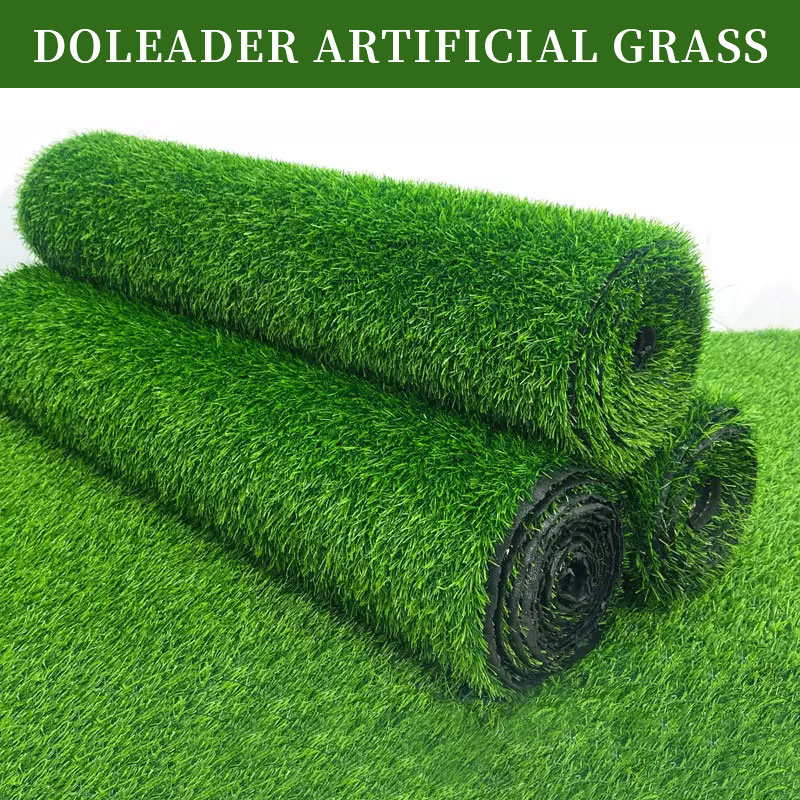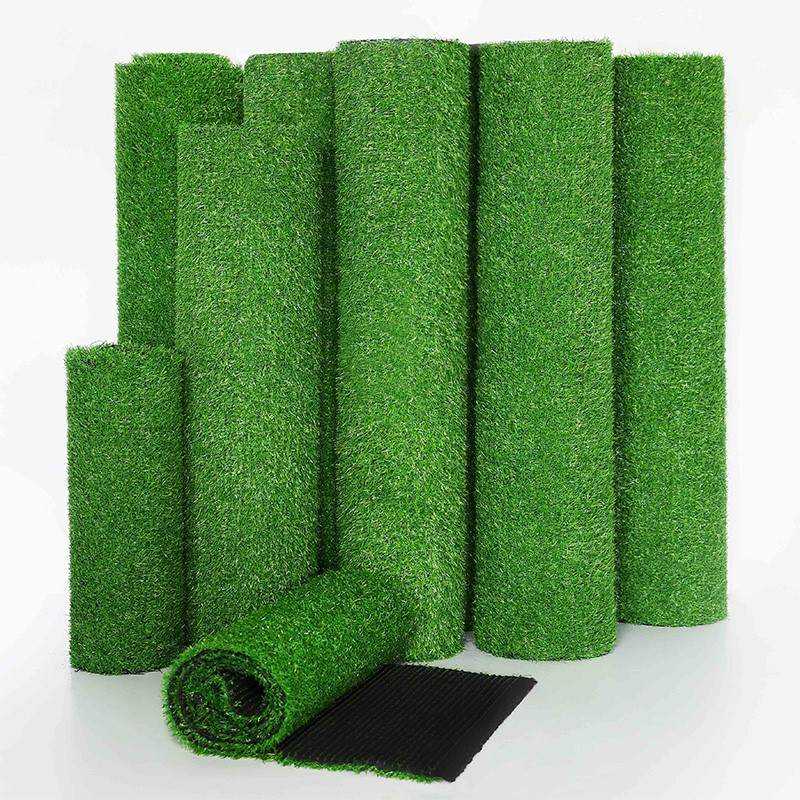
Yes, artificial turf is permeable, meaning it allows water and other liquids to pass through the material. This is a crucial feature for several reasons:
Drainage: Proper drainage prevents puddles, flooding, and the growth of mold and mildew. Artificial turf has small holes punched through its backing, allowing water to drain through the infill layer and into the underlying base, which typically consists of gravel or crushed rock. This base further facilitates drainage and prevents waterlogging.
Safety: Good drainage helps prevent injuries by reducing the risk of slipping and sliding on a wet surface.
Environmental benefits: By allowing water to permeate into the ground, artificial turf helps replenish groundwater supplies and reduce stormwater runoff, which can pollute waterways.
Cooling effect: When water drains through the turf, it helps to cool the surface, making it more comfortable to use in hot weather.
Reduced maintenance: Unlike natural grass, which requires regular watering, artificial turf does not need to be watered, saving water and money.
However, it’s important to note that the permeability of artificial turf can be affected by several factors:
- Type of turf: Monofilament turf tends to be less permeable than fibrillated turf due to its denser fiber structure.
- Infill type: Certain infill materials, like crumb rubber, can compact over time and reduce drainage.
- Installation: Improper installation, such as not using the proper base materials or not compacting the base sufficiently, can also hinder drainage.
To ensure that your artificial turf is properly draining, it’s important to:
- Choose a high-quality turf product with good drainage properties.
- Use the recommended infill material and install it according to the manufacturer’s instructions.
- Have your turf professionally installed by a qualified contractor.
- Regularly maintain your turf, including brushing it to remove debris and keeping the infill level topped up.
Benefits of Permeable Artificial Grass
1. Water Conservation
Permeable artificial grass allows rainwater to pass through, reducing the amount of water that is wasted. This makes it an ideal choice for areas with high rainfall or where water conservation is a concern.
2. Reduced Maintenance
Permeable artificial grass requires less maintenance than traditional artificial grass. It does not require the use of chemicals or fertilizers, and it can be easily cleaned with a hose or a broom.
By following these tips, you can help to ensure that your artificial turf remains permeable and provides years of enjoyment.
3. Improved Drainage
Permeable artificial grass has improved drainage capabilities, which reduces the risk of flooding and makes it an ideal choice for areas with poor drainage.
4. Increased Safety
Permeable artificial grass provides increased safety for athletes and children who play on it. It reduces the risk of slipping and falling, and it provides a softer and more natural playing surface.
5. Aesthetic Appeal
Permeable artificial grass has a natural appearance, making it an attractive option for homeowners and businesses. It is available in a variety of colors and textures, and it can be easily customized to fit any design aesthetic.










